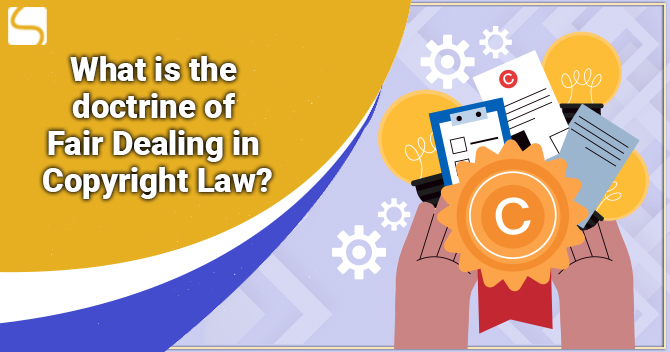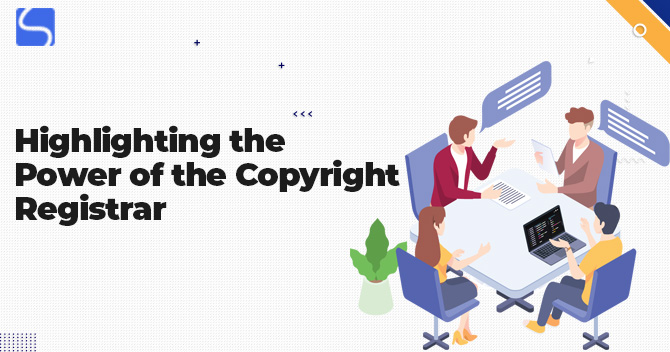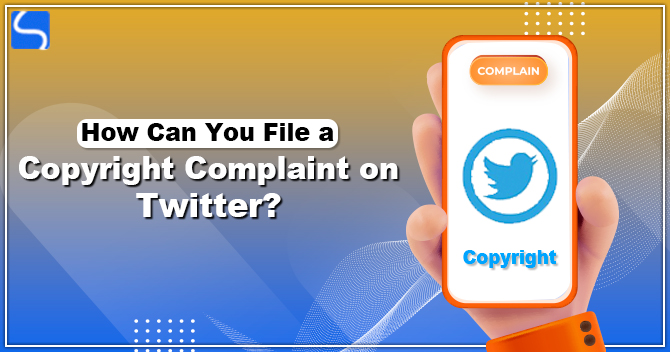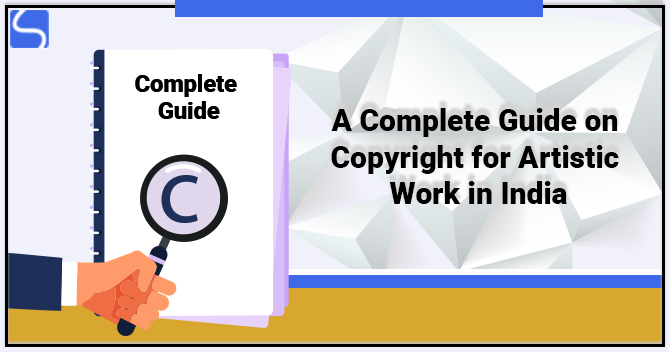What is the Doctrine of Fair Dealing in Copyright Law?

Japsanjam Kaur Wadhera | Updated: Feb 04, 2021 | Category: Copyright
The doctrine of Fair dealing is a right of the person which is allowed in the copyright law to use of deal with the copyright protected work without taking any permission or paying any copyright royalty to the owner of the copyrighted work. The fair dealing is the exceptions provided under the Copyright Act, 1957 permitting a person to use the copyrighted work with limited usage of such work so that the sanctity and originality is maintained of such work as well as of the registered author or creator. This article will discuss about what is the doctrine of fair dealing in copyright law.
Table of Contents
What is Fair use or Fair dealing?
The doctrine of fair use is a wide and large concept and is flexible in scope. This doctrine has been laid down by the courts in various decisions during their judgments. Fair use or fair dealing is an essential part of the copyright law which allows to reproduce the copyrighted work in such a manner that could be used only for certain purposes which is not considered as infringement. Fair use is a prime factor that motivates the people in fairly dealing and utilizing the copyrighted work and encourages the growth of knowledge of the people.
Fair use or fair dealing is a limitation and exception to the absolute rights that are granted to the author of the original work by the copyright law. It allows to use the copyrighted work in such a manner providing such exceptions, which otherwise would have amounted to infringement of copyrighted work. The concept of fair dealing emerged as a doctrine of equity which permits the use of certain copyrighted work, that otherwise have been restricted. The main purpose of this doctrine is to contribute the growth of creativity to progress.
Also, Read: What is Copyright Infringement and Remedies in India?
What are the factors considered to determine Fair Dealing of Work in Copyright Law?
The doctrine of fair dealing depends on the following factors that the courts normally consider while dealing with copyright cases: –
- Purpose of using that is, whether it is used for commercial, research, educational or any social cause.
- The substantial usage of the work.
- Nature of copyright work that is, unpublished, public access or copyright expired.
- The effect of using such work, whether any damage of the market value of the copyright work.
The Doctrine of Fair Dealing in Copyright Law is permitted for the following acts:-
- Copyrighted work is used purely for private use, including research work.
- It is used to criticize or review the work of others.
- For any kind of judicial proceedings.
- It is used to protect loss or damage of work, copyrighted work could be archived.
- To report the current events and news in magazines, newspapers or periodical.
- Making not more than 3 copies of the book which is not available for sale in India, by public libraries under the direction of the person who is in charge.
- It is used by the teacher for the students for class instructions.
- Used for the purpose of examination and as a part of question or such work can be used to write answers.
- Can be performed or used by the staff and students of an educational institution in course activities. In such circumstances, the audience must be limited to students and staff of the institution.
- Any unpublished work which is kept in the libraries or any institutions can be reproduced for the purpose of private study or research.
- The copyrighted work is reproduced for disabled persons for non- profit purposes but the institution should ensure that the copies are used or accessed only by them.
Section 52- Certain Acts not amounting to Infringement of Copyright
Section 52 of the Copyright Act, 1957 provides certain other acts that do not amount to infringement of copyright. Such acts fall under the doctrine of fair dealing in copyright law: –
The following acts shall not be constituted as an infringement of copyright, namely: –
- A fair dealing with dramatic, literary, artistic or musical work, not being a computer programme, for the purpose of:
- Private use, including research
- Criticism or review, whether of such work or any other work;
- The making of copies or adaptation of the computer programmer by the lawful possessor of a copy of such computer programme, from such copy:
- To utilise the computer programmer for the purpose for which it was supplied, or
- To make the copies of backup purely as a temporary protection again any damage, loss or destruction in order to only utilize the computer programme for the purpose for which it was supplied.
- The doing of any act which is necessary to obtain information essential to operate interoperability of an independently created computer programme with other programmed by a lawful possessor of the computer programme, provided that the information is not otherwise readily available.
- The study or test or observation of the functioning of the computer programme in order to determine the principles and ideas which highlights any elements of the programme which performing acts necessary for the functions or which the computer programme was supplied.
- The adaptation or making of copies of the computer programme from a personally legally obtained copy for non- commercial personal use.
- A fair dealing with a dramatic, literary, artistic or musical work for the purpose of reporting current events:
- In a magazine, newspaper or similar periodical, or
- By broadcast on in a cinematograph film or by the means of photographs.
- For the purpose of judicial proceeding.
- For using in work prepared by Secretariat of legislature.
- Reproduction in certified copy made or supplied in accordance with any law for the time being in force.
- Reading or reciting in public any extract from published literary or dramatic work.
Conclusion
The doctrine of fair dealing in copyright law is important for providing exceptions against the protection of copyright and to give rise to the growth and creativity and to encourage people to attain such degree of creativity while being careful with the originality of the copyrighted work.
Also, Read: How to File Reply to Copyright Objection in India?














